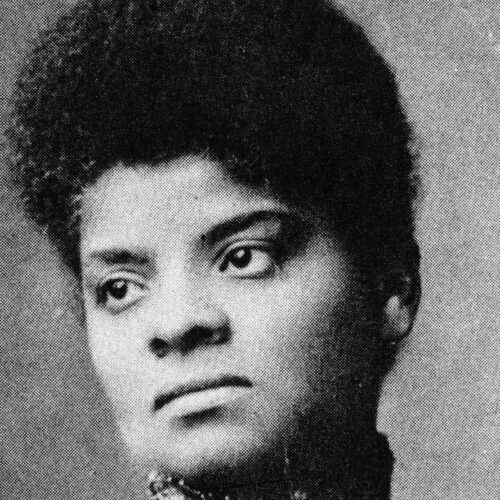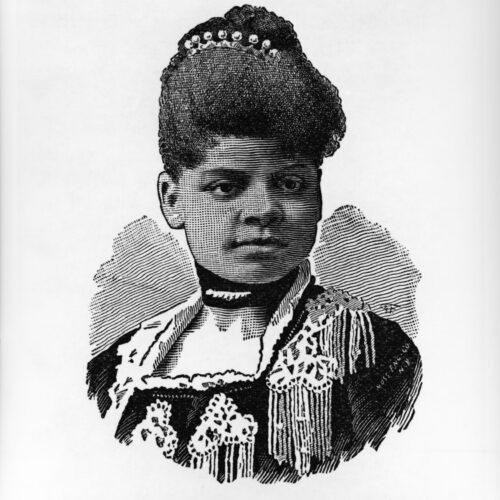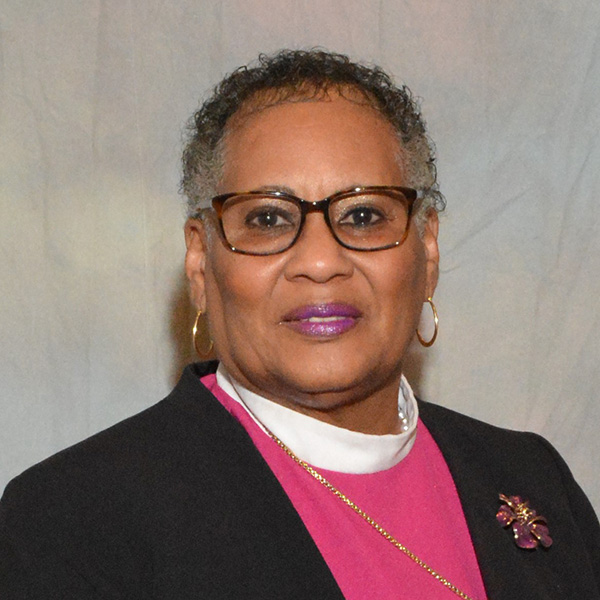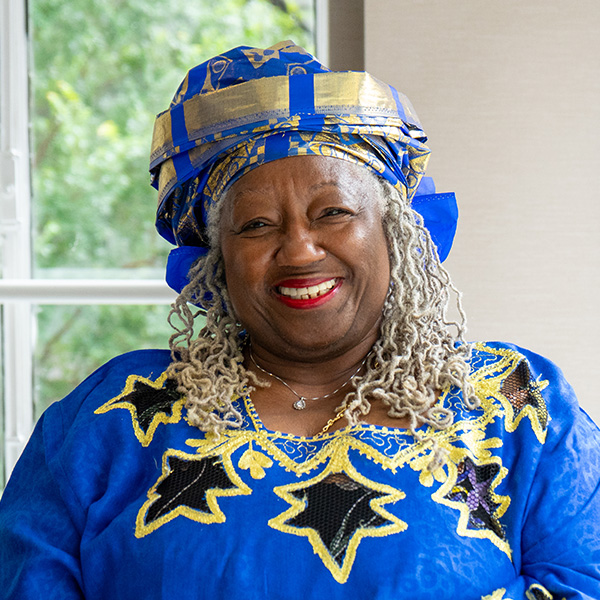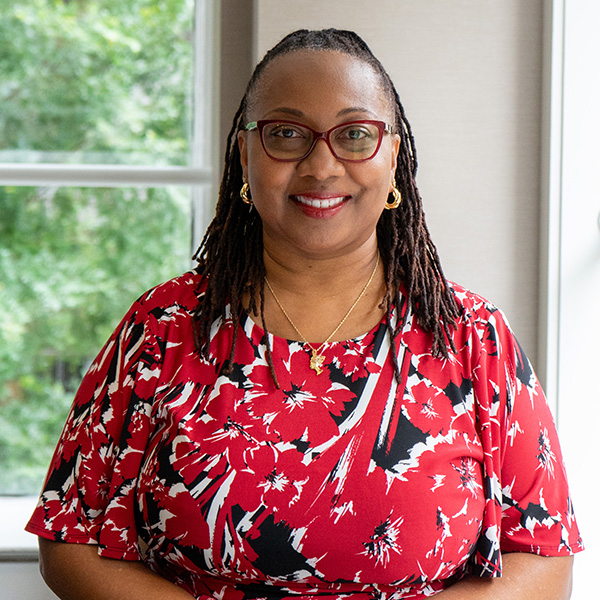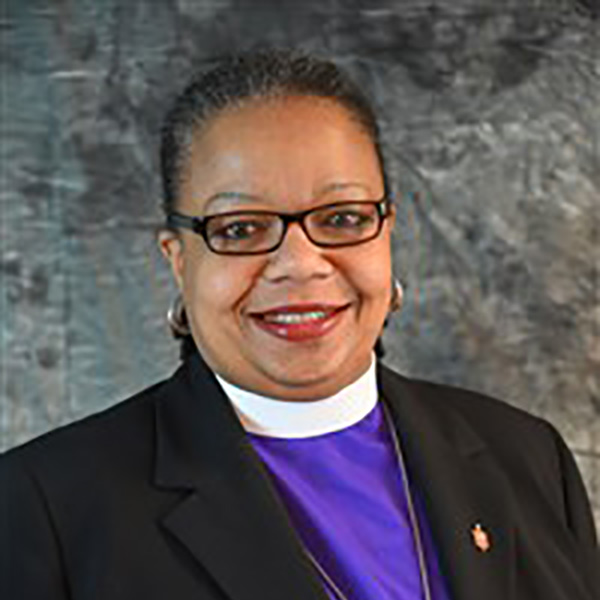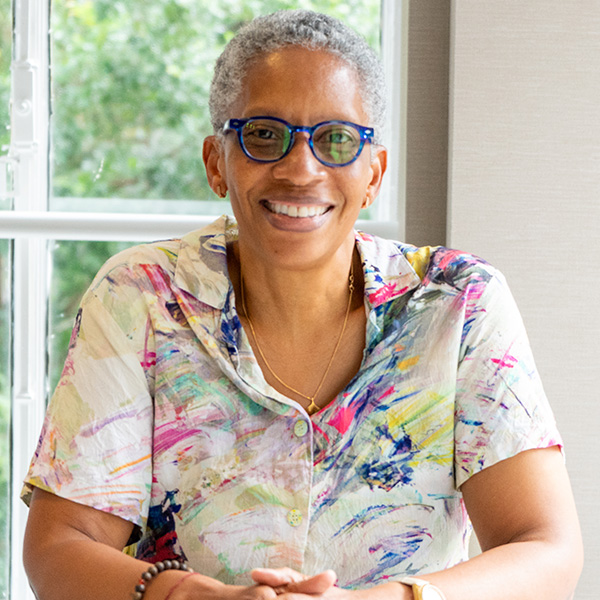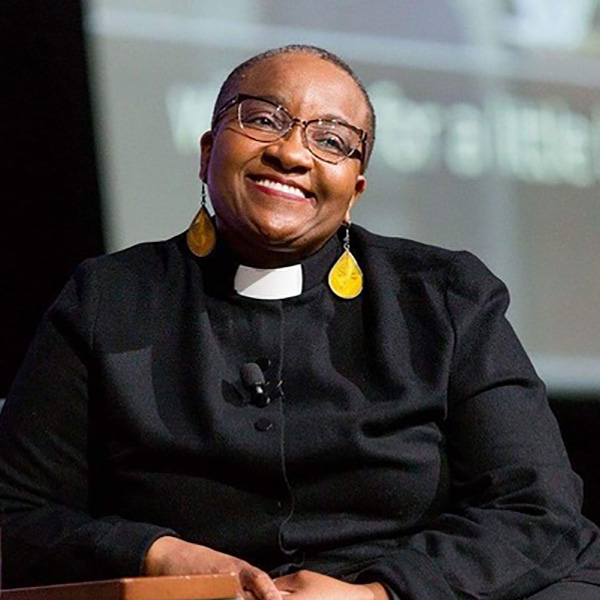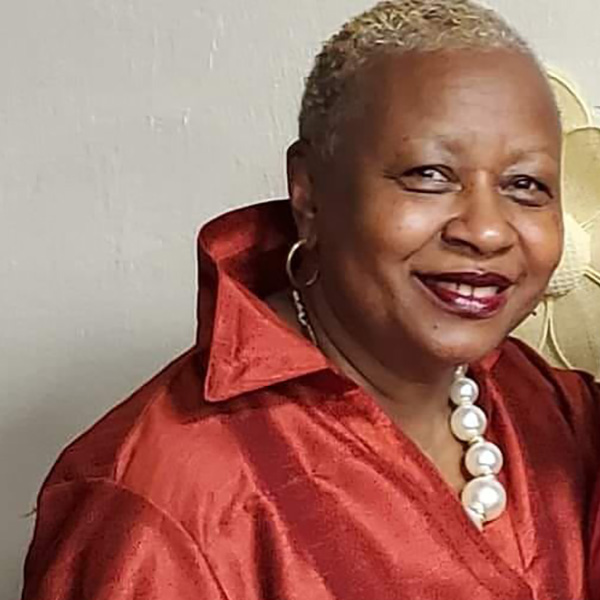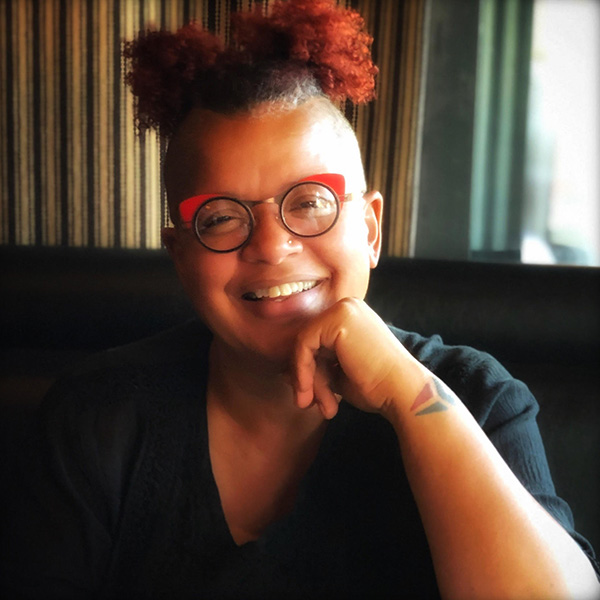Biography
Early Life
Ida B. Wells-Barnett was a global anti-lynching activist, prolific journalist, and heralded leader in the women’s club and suffrage movements of the late 19th and early 20th centuries.
Wells was born on July 16, 1862, to enslaved parents in Holly Springs, Mississippi on the cusp of emancipation during the Civil War.
She was the first of eight born to her parents, who died when she was just sixteen years old. As the eldest, she assumed responsibility for her younger siblings.
Her teacher certification, obtained from Shaw University (now Rust College) provided her with the means to begin a career as a teacher near her home and later in Memphis, Tennessee.
Civil Activism
In 1884, Wells refused to be seated in a segregated car on a Chesapeake and Ohio Railroad train and took her dispute with the conductor to court after she was forced off of the train car.
Though she won her case and $500, the Tennessee Supreme Court eventually reversed the ruling. However, their decision did not quell Wells’ passion for social justice.
She began developing her career as a journalist writing about educational issues impacting African American communities.
Not only did she become a contributing writer for African American newspapers like The New York Age and Indianapolis World, but Wells was also an owner and editor of Free Speech and Headlight in Memphis.
In 1892, the horrific lynching of three of her close friends forever changed her life. As a pioneering investigative journalist, she detailed the circumstances surrounding their murders and the reality of lynching in the South.
Her investigation culminated in the publication “Southern Horrors: Lynch Law in All Its Phases,” which garnered an international audience and made her the most visible anti-lynching activist in the nation.
Pushing Social Change
A lifelong Christian, Wells often made public addresses in churches as an invited speaker for special programs in the U.S. and during her European tour.
In the early 1890s, she traveled to England on two separate occasions speaking to large audiences at Congregational and Unitarian Churches, among other public locales.
She eventually settled in Chicago, Illinois, and quickly became a prominent social advocate and club woman in the city, leading organizations like the Ida B. Wells Club and the Negro Fellowship League.
She married widower Ferdinand Barnett in 1895 and mothered his two children as her own.
In her autobiography Crusader for Justice, she described “one of the most delightful periods” of her life in Chicago. She recalled,
“I went to Grace Presbyterian Church and told them I was looking for a church home in which to rear my children; that I had been brought up in a Christian home under the influence of the Sunday school and church and that I wanted to bring my children up the same way. That I was not a Presbyterian by doctrine, but since all Christian denominations agreed on a standard of conduct…They did accept me, and I and my two daughters united with the church. Shortly after I was asked to accept the position of teacher to the men’s Bible class by the members themselves.”
Her faith and spiritual practices were ever-present in her public and private life.
Wells-Barnett had been a proponent for women’s equality long before she helped organize the Alpha Suffrage Club in 1913 as the first Black women suffrage organization in Chicago.
She continued to play a strong role in Chicago politics and securing the right for women to vote in the United States.
Until her death on March 25, 1931, she was indeed a “crusader for justice.”
Ida B. Wells-Barnett remains a beacon of global activism and has inspired several generations with her tenacity and unrelenting advocacy for justice.
